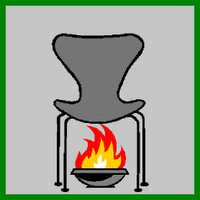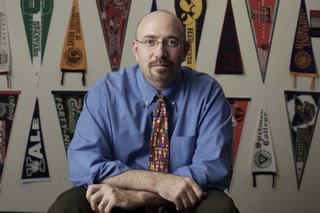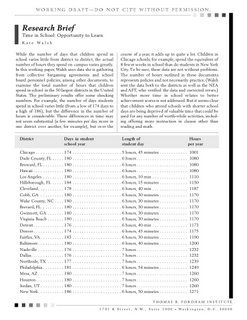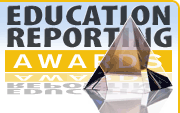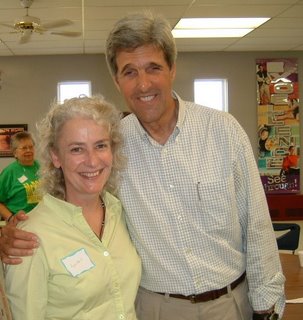The Worst Of 2006
 As for those whose year didn’t go so well, I’d nominate Tom Vander Ark, who resigned as head of the Gates Foundation’s education effort after failing to be selected as the head of the LAUSD. ECS hit the skids. It also wasn’t a great year for EdSec Spellings, who had to deal with the Reading First scandal, plus idiotic statement about NCLB being 99 percent pure. But then again she wasn’t forced out.
As for those whose year didn’t go so well, I’d nominate Tom Vander Ark, who resigned as head of the Gates Foundation’s education effort after failing to be selected as the head of the LAUSD. ECS hit the skids. It also wasn’t a great year for EdSec Spellings, who had to deal with the Reading First scandal, plus idiotic statement about NCLB being 99 percent pure. But then again she wasn’t forced out.It also wasn’t a good year for lecherous teachers – many of them female – caught sleeping with students, or STEM initiatives (remember them?) or Frist Grants. The plight of boys in a female-dominated school system took a beating, and national tests didn't gain much traction as some had hoped in large part due to lots of testing snafus last winter and spring. Ditto for weighted student funding (aka the "100 percent solution"). Nor was it a good year for tutoring, choice, or teacher equity provisions of NCLB, which received too little attention, too late, from not enough people.
Education journalism & blogging lost Ben Feller (AP), Matt Pinzur (Miami Herald), Michael Winerip (NYT), Dale Mezzacappa (Phil Enquirer), & AFT John (AFT Blog).
UPDATE: Other folks' roundups of the year: USA Today has one here. EdWeek has one here. Eduwonk has one here.





